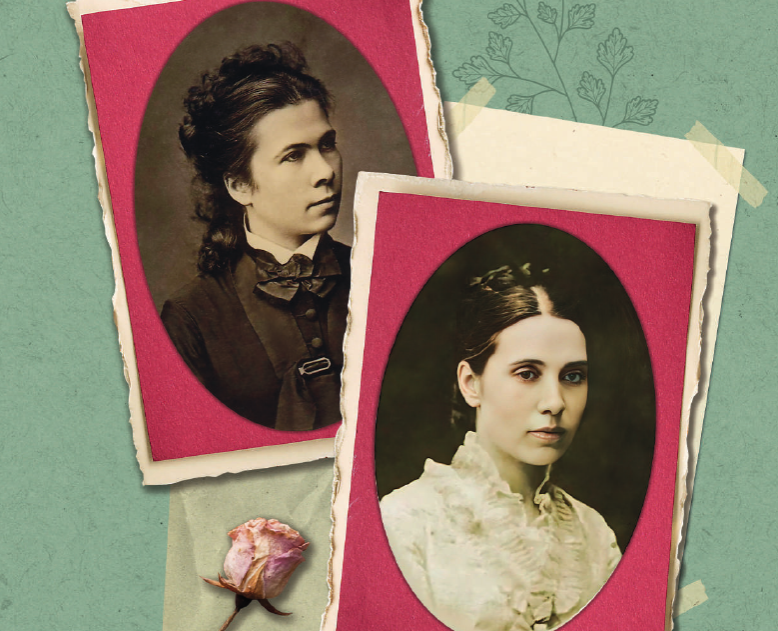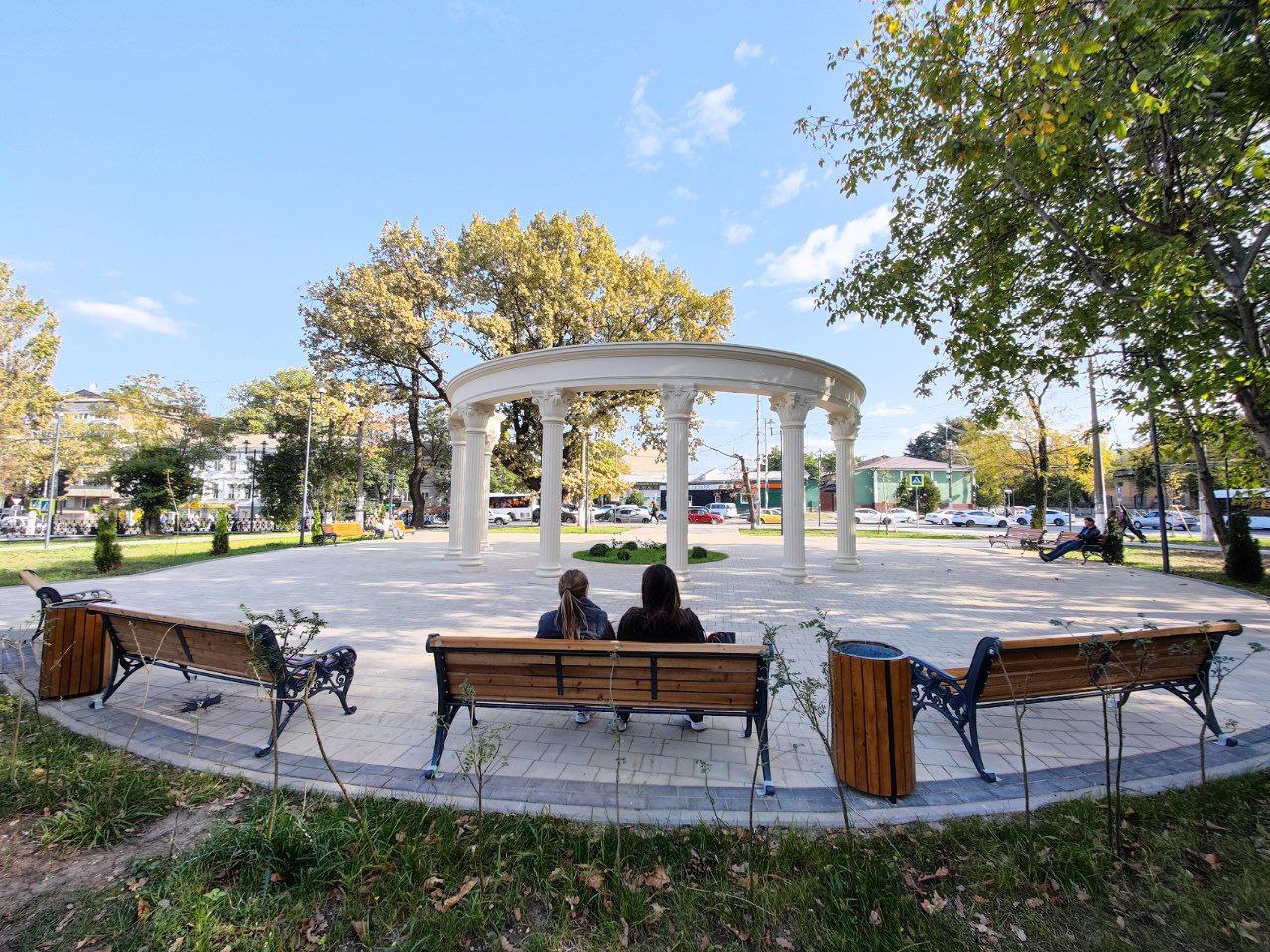Annually, Russia celebrates the Diplomats’ Day on 10 February. Good diplomats can boast of forming connections not only in the national government, but also abroad. The profession obligates a diplomat to know the rules of etiquette and be an expert at all activity fields of his/her country and the state this diplomat arrived in.
1. Buddha’s serenity. It’s very difficult for a person, who is used to defend his own interests, to restrict his personal freedoms. A diplomat must have the traits of character that allow him to have tight control over his actions and statements.
2. More languages. A good diplomat knows several foreign languages, but he will never admit that fact in a private conversation. Even if the diplomat has imperfect knowledge of a foreign language, he will be able to realize the bottom line of the conversation of his colleagues. Thus, the more languages the diplomat knows the better it is for him.
3. Excellent knowledge of diplomatic etiquette. The opinion about the country a diplomat came from is formed basing on the observations of the behavior of the diplomat. The incompetent diplomat can damage the prestige of the country he represents. Learning the rules of etiquette is not as easy as it may seem. Diplomats know these rules by heart.
4. Be distinguished by modesty. A diplomat mustn’t try to stand out among other people at a reception: loud speech and sweeping gestures are prohibited. It is not allowed to ask about something twice, laugh aloud or talk in a whisper indoors. Modesty and restraint of a diplomat make other people pay attention to him/her.
5. “Punctuality is the politeness of princes”. The famous statement given by the French king Louis XVIII became one of the major principles in the work of every diplomat. A diplomat comes to a reception not later and leaves it not earlier than it is required by the rules of decorum. A violation of these rules can be interpreted as a demonstration of unfriendliness.
6. Talent for negotiations. The ability to protect the interests of the country a diplomat comes from, while maintaining good relationships with partners can be literally called a real talent, which is possessed by not so many persons. A good diplomat is eager to understand clearly what his opponent exactly wants from him and follows the principle “nothing personal, it’s just business” without trying to alter a world view of his partner in conversation.
7. Know all and be able to do everything. In addition to it, a diplomat must follow instructions of his/her leadership without questions, as well as he/she must be able to draw up all possible documents and interact with media sources. Erudition in different fields is a duty of any diplomat.
Some rules of decorum from seemingly the infinite golden list of etiquette, which diplomats must follow:
— Introducing people to each other, a diplomat tells a surname of a younger person.
— Person is addressed by a name, middle name and surname in the case if they want to emphasize respect for that person.
— Woman offers her hand first upon acquaintance and greeting.
— When you move, you should carry out superfluous movements as few as possible.
— You need to walk with straight back and with dignity.
— Diplomats mustn’t go out to the street wearing unpolished shoes.
— Entering a house, where you see guests, you should primarily approach a host and hostess and the same you have to do when you leave their dwelling.
— Don’t forget to stand up, when a lady enters a room.
— Don’t amplify on your wife’s beauty. Remember: a smart person praises his mother and stupid one commends his wife.
— Don’t check your watch when you are on a visit.
Reference: Crimean Journal






